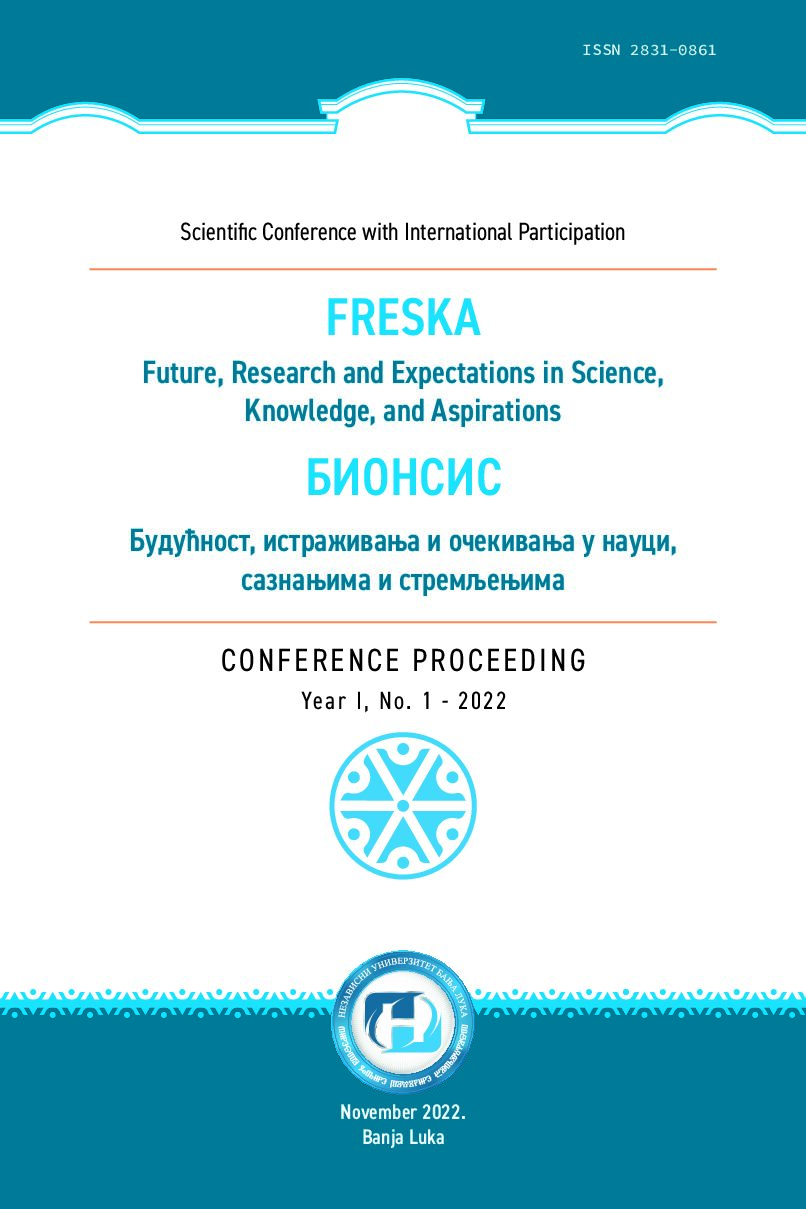CYBERTERRORISM IN AFRICA – EXAGGERATED THREAT OR WORTHY FOE?
DOI:
https://doi.org/10.7251/ZNUBL2201257GAbstract
For many decades, the validity of the concept of cyberterrorism has been questioned. Academics have pondered whether this idea should be regarded as “fact or fancy”. Over time, development, globalization and connectivity have led one to veer towards the thought that this should be fact. However, various challenges are posed: The standalone concept of terrorism is in itself highly contested, and academics have yet to agree on a single definition of the term. Secondly, almost any form of modern threat can in the current age be studied with the added prefix “cyber-”. This raises the question of strategic approaches when combating things like cyberterrorism. The question arises: In how many ways do, and should, these approaches differ from the counterterrorism measures taken against traditional, physical terrorism, and where is a line drawn in the proverbial sand between terrorism, cyberterrorism, crime and cybercrime? In an effort to demarcate the scope and labelling of attacks as cyberterrorism and not necessarily cybercrime, academics have added the element of political motivation and fear to the young and already contested definition of cyberterrorism. This would mean that one of the only aspects differentiating cyberterrorism from terrorism is the use of information technology. This paper questions the validity of the term and threat of cyberterrorism – especially in an African context. With Africa’s limited use and penetration of information technology, the question arises whether this is really a new threat, or simply a natural evolution of the age-old threat of terrorism. Terrorists will always use the latest and best technology and means to their disposal; this research paper aims to understand whether that justifies a completely new concept in African security research.
Downloads
Published
Versions
- 2023-03-06 (2)
- 2023-03-06 (1)
